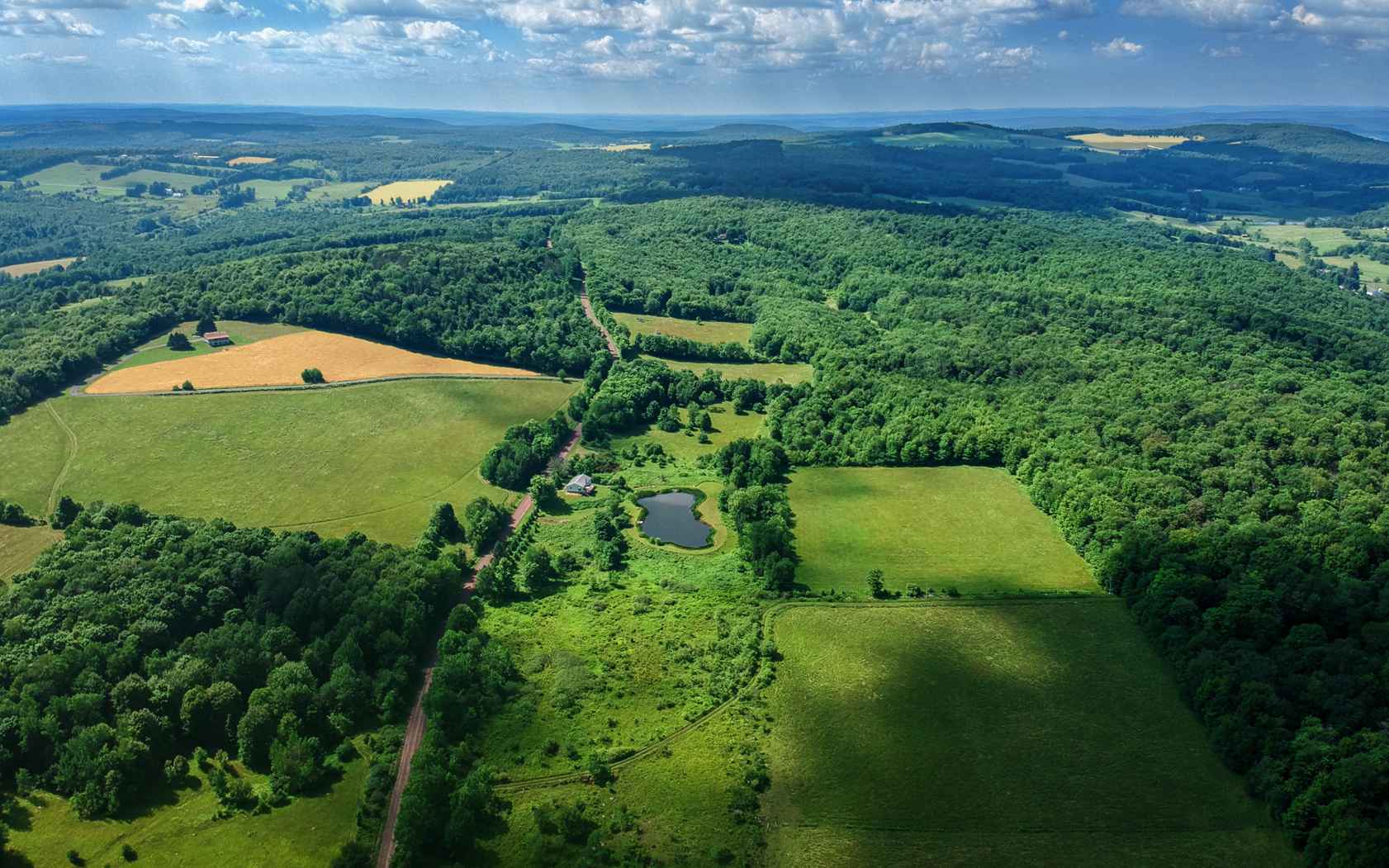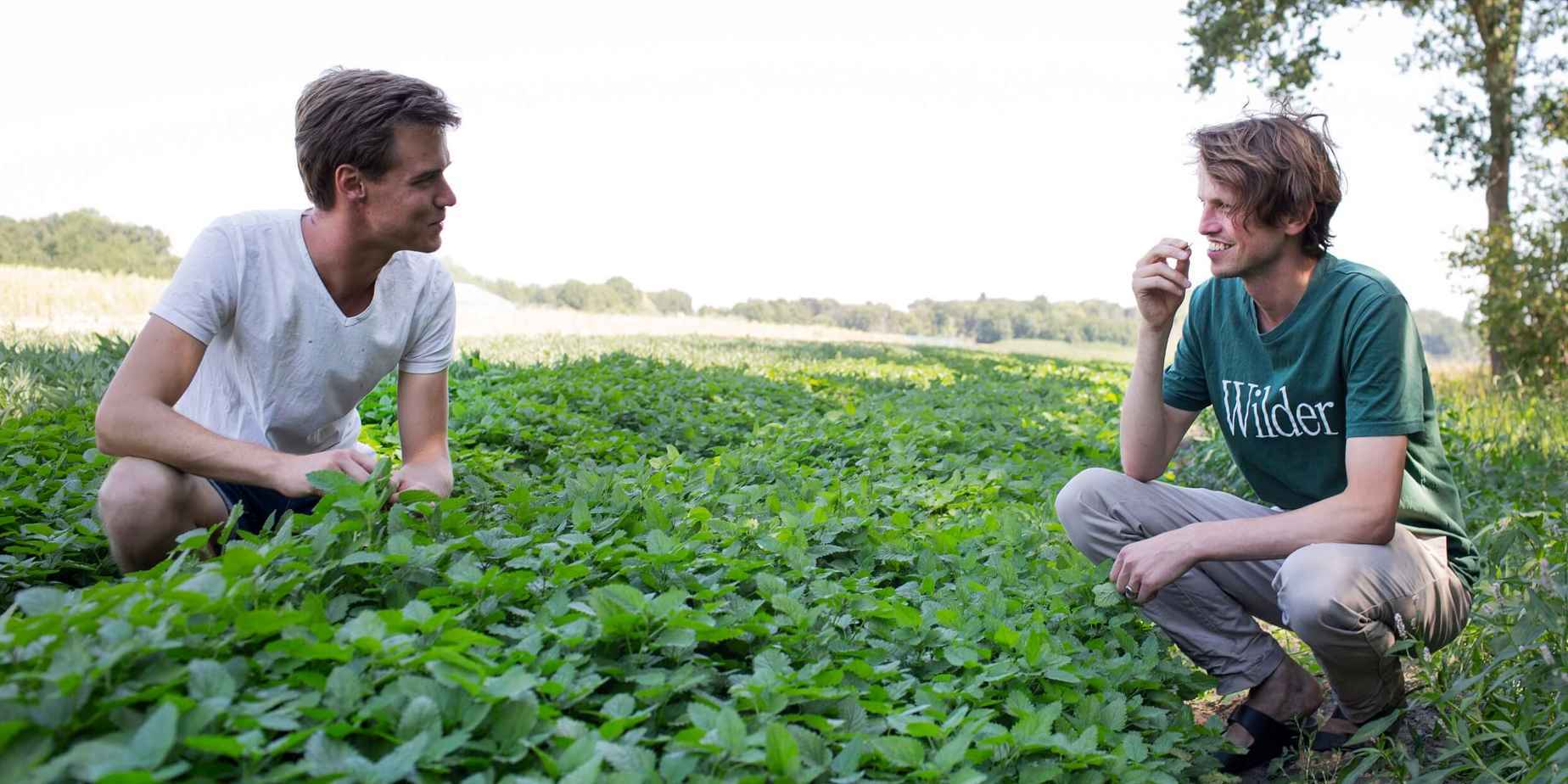At Triodos Bank, we know that restoring our depleted natural environment and reversing biodiversity loss is vitally important. It’s key to our wellbeing and our future economic prosperity and will help us to mitigate the effects of the climate crisis.
Triodos Bank announced this month our commitment to provide at least €500 million in investments, loans and contributions to the nature-based solutions sector by the end of 2030 as part of our biodiversity targets.
“Investing in nature-based solutions is crucial for restoring our natural environment and mitigating the effects of the climate crisis. At Triodos Bank, we are proud to be at the forefront of this movement, demonstrating that sustainable finance can drive positive environmental and societal impact,” said Jacco Minnaar, chief commercial officer of Triodos Bank.
What are nature-based solutions?
Nature-based solutions involve collaborating with nature to solve societal challenges. By working smarter with nature, we can address problems like coastal erosion, degraded farmland, drought, and flooding. These solutions protect, restore, and improve natural ecosystems, benefitting the climate, biodiversity, and human wellbeing.
Take mangrove forests, for example. These absorb CO2, increase marine biodiversity, purify water, provide jobs and combat coastal erosion – and therefore they are a vital ecosystem that needs protecting. In cities, there are projects that are installing green roofs, which increase biodiversity, retain rainwater, combat heat stress and reduce flooding risk.
Nature-based solutions are also on our doorstep too. In the UK, there are countless pioneering projects that are looking to restore our natural habitats. A new documentary, ‘Sea, Land and City’, which we recently sponsored, highlights some of the projects that are making a difference in the South West – watch it now for free on Waterbear to see what nature-based solutions look like in practice.
Funding the protection of the natural world
Triodos Bank is proud to be leading the way in the nature finance market by supporting projects that protect and restore biodiversity, fight climate change, and contribute to human welfare across Europe.
But how do we do that, and what does that look like? When financing nature-based solutions, we pay attention to several aspects.
“First, of course, projects must have no negative impact and meet our strict minimum requirements,” Simon Scholl, commercial strategist at Triodos Bank and expert in nature-based solutions, said. “If a project sequesters CO2 in natural resources but also uses pesticides, for example, we are not a match. In addition, we think it's important that a nature-based solutions project promotes biodiversity and has social impact. For example, how many different native tree species are used in the project? And does the project also offer new employment opportunities?”.
But what does this look like in practice? Scroll through these images below for six current examples of Triodos-funded nature-based projects:
Calling for climate action
Declining biodiversity is a greater threat to humans than climate change, according to the Intergovernmental Science-Policy Platform on Biodiversity and Ecosystem Services (IPBES). After all, humanity is hugely dependent on nature, for example, for clean drinking water, sufficient food and clean air.
The UN Biodiversity Conference 2024 (COP16) and the UN Climate Change Conference (COP29) brought together envoys from countries around the world to address the biodiversity and climate crises.
While Triodos Bank continues to explore models for nature-based investing, with the aim to create an economy that fully values the vital role of nature, we urge governments and leaders to play a key role in protecting nature.
For COP16 and COP29, Triodos Bank called for:
- Financial resources directed towards conservation and restoration.
- Encouragement for countries to submit robust National Biodiversity Strategy and Action Plans (NBSAP).
- $1.7 billion annually redirected from harmful subsidies into nature restoration.
- Businesses required to develop transition plans that limit financing for biodiversity loss.
- Voices of youth, indigenous communities, and marginalised groups amplified in discussions.










Thanks for joining the conversation.
We've sent you an email - click on the link to publish your post.